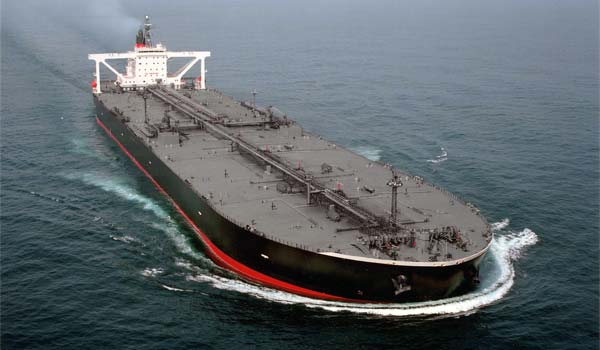 Just a couple of weeks ago, Burleson LLP, a Houston law firm with Pittsburgh offices specializing in oil and gas shut it’s doors. It was a sign that things were getting bad in the oil and gas industry.
Just a couple of weeks ago, Burleson LLP, a Houston law firm with Pittsburgh offices specializing in oil and gas shut it’s doors. It was a sign that things were getting bad in the oil and gas industry.
This week, Frost Brown Todd, also an energy company, announced that it is opening an office in Pittsburgh and hiring 10 of the 30 lawyer that lost their jobs when Burleson shut down.
So, is it bad, or is it good?
We’ve seen an increase in the number of people calling the office about oil and gas leases in the last few months, with a drop off in the last week or two. The amount that oil and gas companies are willing to offer for lease bonuses and royalties has just started to drop a little. The price of oil and the price of natural gas continue to decline. Sometime next year some pipeline projects are going to be completed, with more to come in 2017 and 2018. There are natural gas energy plants being built in West Virginia, Ohio, and Pennsylvania. There are cracker plants being built in Ohio and Pennsylvania, and the one planned for Wood County, WV may not be on life support any more. This winter, while expected to be snowy, is not expected to be cold. Russia is getting in a fight with Turkey, but the rest of the Middle East is pretty much business as usual with the Saudis still producing as much oil as they want with no signs they will cut back.
So, it’s bad, and it’s good.
We’ve given up predicting where oil and gas prices are going, and where the oil and gas industry is going. There’s always good news and there’s always bad news. The more important question is, do you have a lease or a modification or a right of way agreement in hand that needs to be dealt with? If so, give us a call. We’re here to help.



 Oil producers in the United States are not allowed to export oil. It was a policy started back in the 70s with the energy crisis. I imagine that it accomplished its stated purpose at the time, it probably protected the American public from high gas prices. We didn’t have enough oil for our own needs, so shipping it abroad didn’t make much sense. Now we have plenty, or pretty close to it, and we’re looking at being able to bring a whole lot more to the surface. Exporting oil shouldn’t hurt gas prices, and according to
Oil producers in the United States are not allowed to export oil. It was a policy started back in the 70s with the energy crisis. I imagine that it accomplished its stated purpose at the time, it probably protected the American public from high gas prices. We didn’t have enough oil for our own needs, so shipping it abroad didn’t make much sense. Now we have plenty, or pretty close to it, and we’re looking at being able to bring a whole lot more to the surface. Exporting oil shouldn’t hurt gas prices, and according to 
 Well now,
Well now,